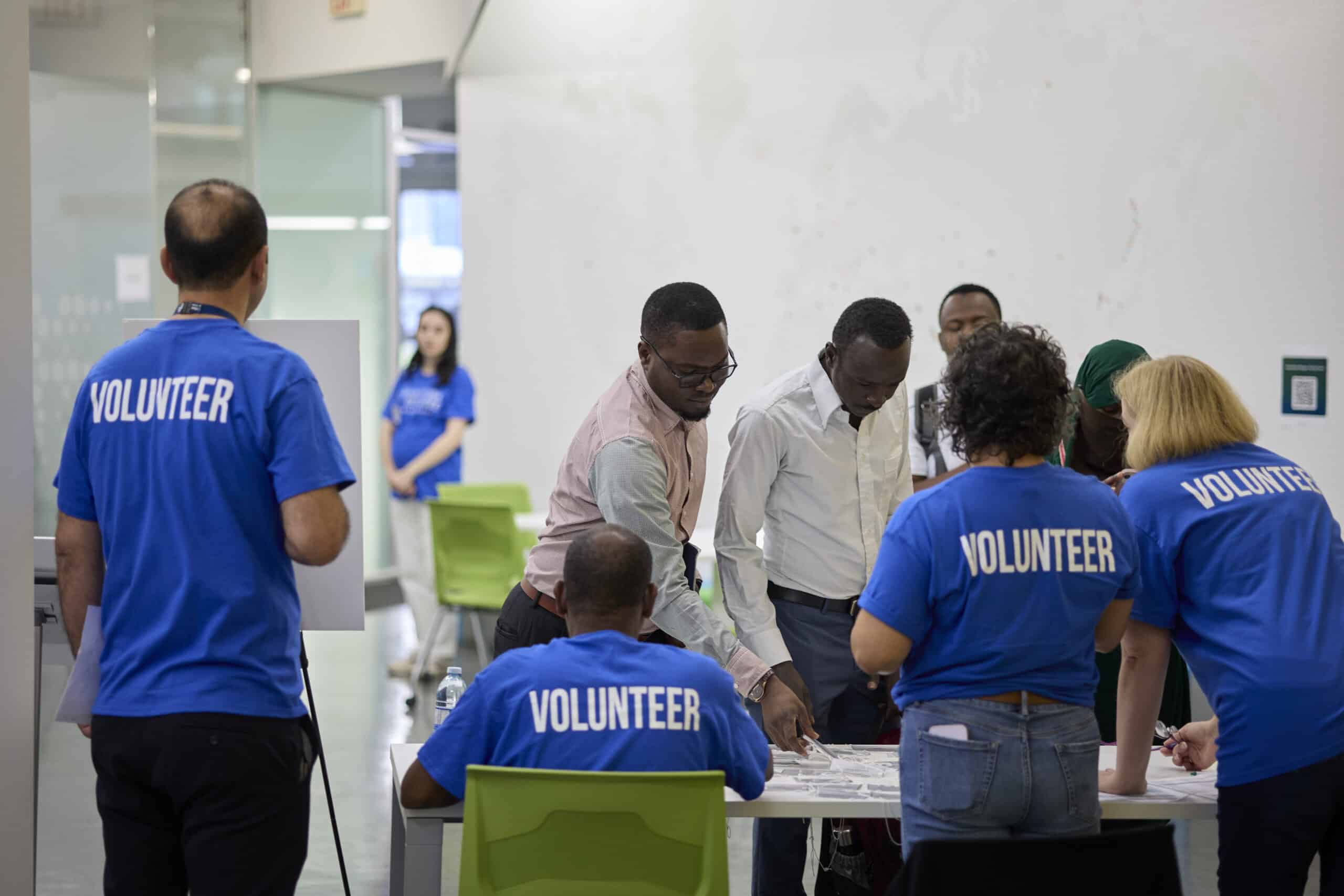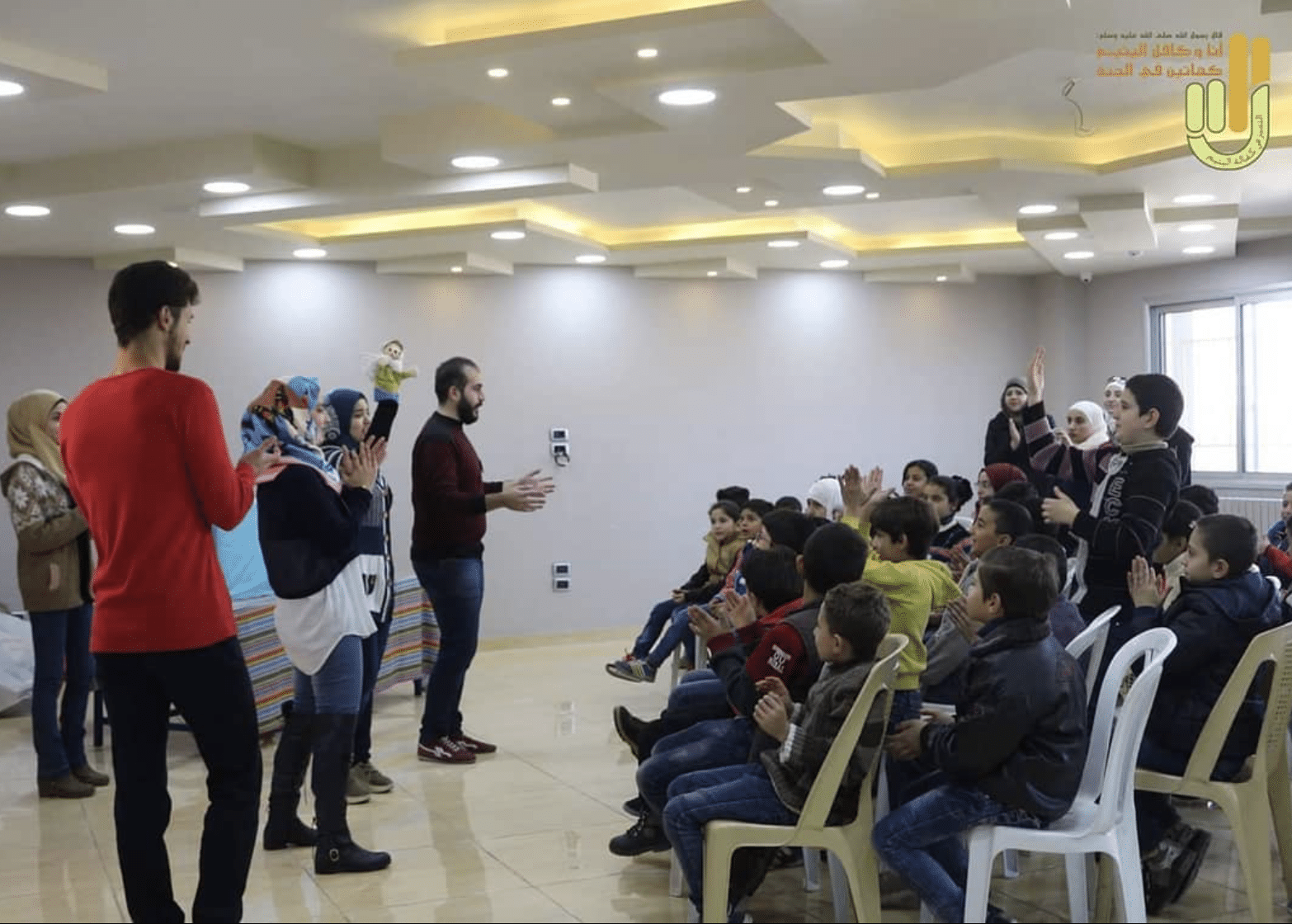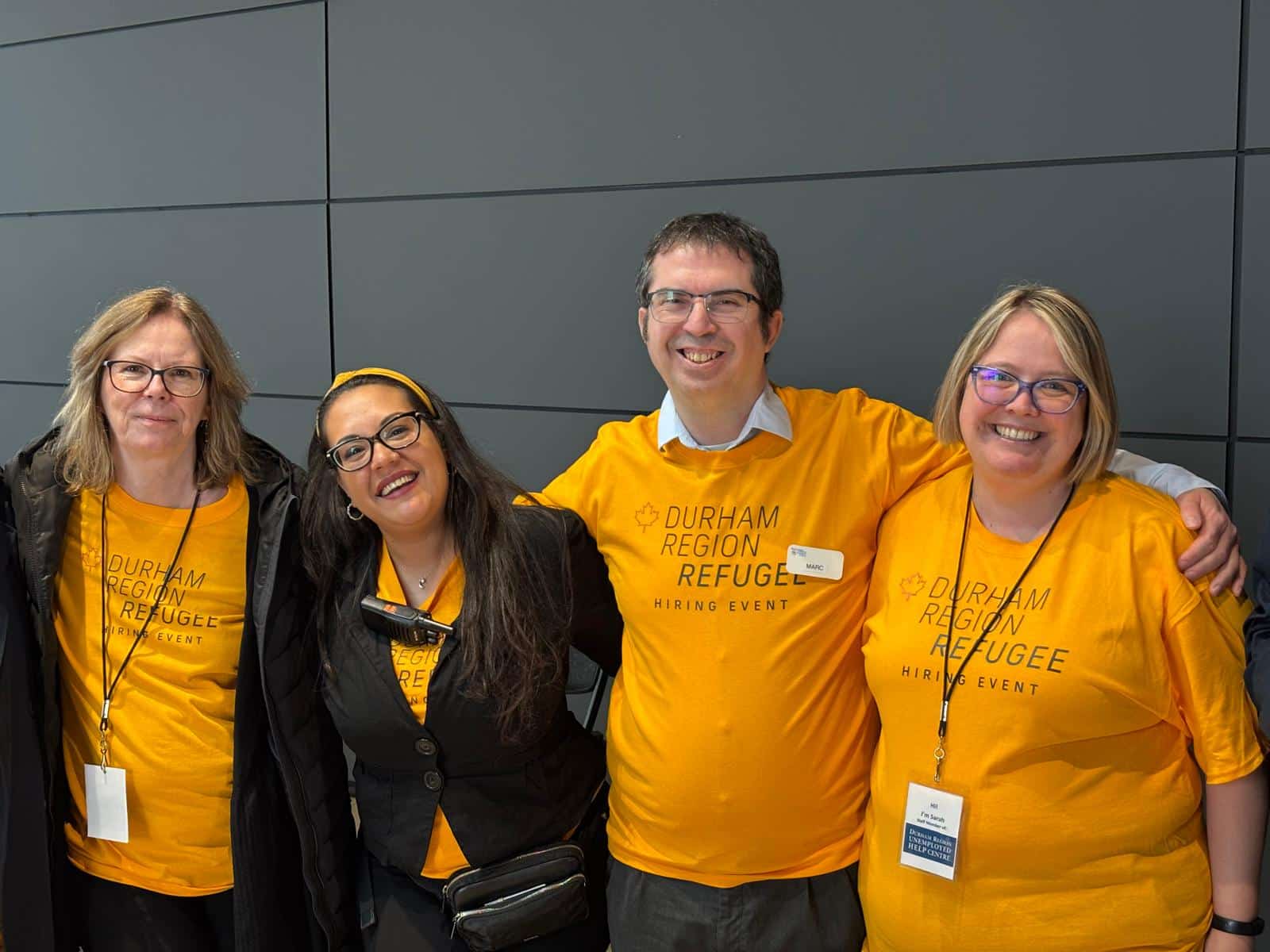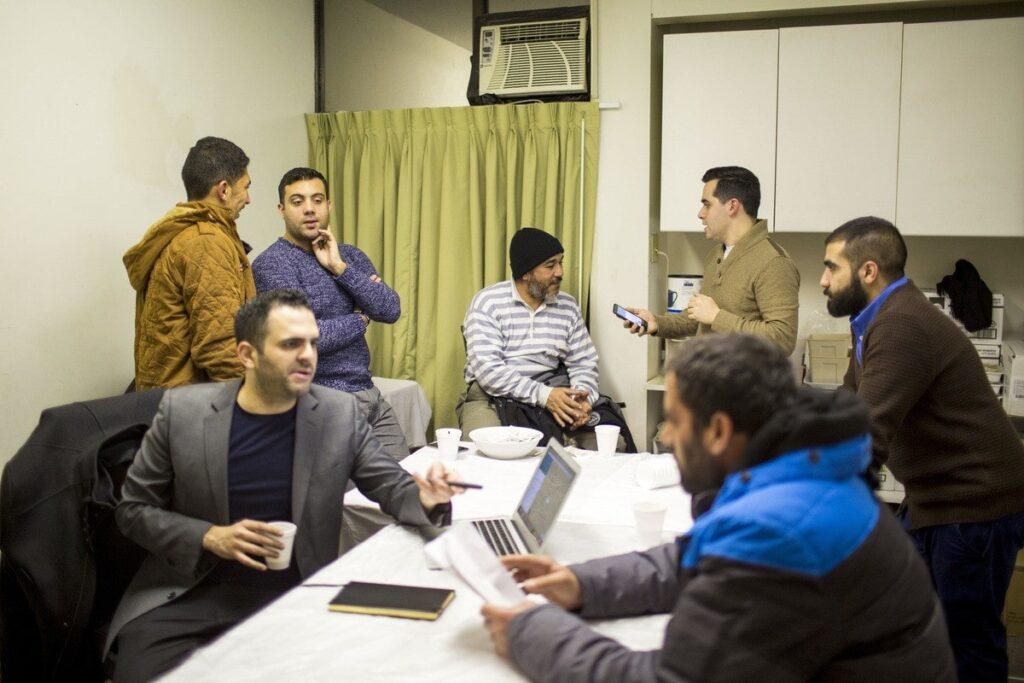In late 2015, Toronto’s Kensington Market played host to a meeting at Jimmy’s Coffee that would seed the beginnings of Jumpstart Refugee Talent. Three Syrian friends—Mustafa Alio, Bassel Ramli, and Omar Salaymeh—brought together by shared heritage though distinct journeys, were driven by a mission rooted in personal experience. Mustafa, in the midst of seeking asylum in Canada, alongside Bassel and Omar, who had navigated the challenges of statelessness and displacement before immigrating to Canada, shared a profound understanding of the refugee experience. Their collective vision was clear: to create a working group that aims to empower refugees through meaningful employment and integration, leveraging their insights to fill the gaps they once faced.
This meeting was not just a convergence of ideas but a pivotal moment that tapped into a deep well of empathy and resolve. Their initiative aimed to go beyond traditional aid, offering a platform for refugees to build dignified, purposeful lives in their new homeland. With Mustafa’s ongoing asylum process lending a unique immediacy to their cause, Jumpstart Refugee Talent was poised to transform the narrative of refugee assistance in Canada.
Driven by a need to better understand how and where they could lend support, the three friends set off to the hotels of downtown Toronto where many refugees were initially housed upon arrival to Canada. Mustafa, Bassel, and Omar began speaking with COSTI, a national nonprofit agency involved in the settlement and integration of newcomers, including refugees, as well as with the IRCC, Canada’s Immigration, Refugees, and Citizenship Canada.
It was during this time that Mustafa, Bassel, and Omar then began doing something new. In just a few weeks, the trio interviewed over 500 people in Toronto. They worked alongside a group of volunteers, speaking with the refugee newcomers day and night, seven days a week, to assess their English language proficiency, their educational background, and their professional experience back home or in their transit countries prior to coming to Canada. When the friends noticed that not many women were attending their interviews, Bassel solicited the help of this mother, who came to Canada with her husband and children as a refugee and was a trained biologist back home in Syria. Her presence, alongside several other Arab female professionals, encouraged more women to come out, and particularly Muslim women. They served as powerful role models to other refugee women as they spoke of their own experiences in the Canadian workplace. These efforts helped further deepen and broaden the understanding of who was coming into Canada as refugees, refugee claimants, and displaced people, and what their specific needs and profiles were.
This type of data, gathered in the form of skill profiles on simple Google spreadsheets at the time, was not being captured prior to Mustafa, Bassel, and Omar’s efforts. What stood out from the countless conversations was how highly skilled refugees had given up their lives in their home countries for a safer alternative for their families. The friends also realized the necessity to instill hope in the refugee populations by showing them what was possible – education wise and career wise – in their new home country and how and why they could try – and achieve – new things. The collected profiles and data quickly became recognized as invaluable information to guide settlement agencies, the IRCC, and several private sector companies.
The first two programs that Jumpstart launched were in 2016 with LinkedIn. They included a mentorship program, called Welcome Talent Canada, which continues to this day and a skills trade program.
Over the years, Jumpstart has continued to be guided by the same spark of inquiry and innovation that catalyzed the organization since inception: the desire to know and understand the needs of refugees, refugee claimants, and displaced persons and find sustainable solutions through new ideas and outside-the-box thinking.
As a small, grassroots organization, Jumpstart is fortunate to be nimble and flexible enough to experiment and pioneer new programs, projects, and initiatives to see “what sticks”. This start-up mentality, driven by data-informed decisions, and led by refugees themselves, has created a trifecta of possibilities both nationally and globally. This is not unlike the three young Syrians who founded the organization by meeting refugees where they were at, both literally and figuratively, and filling the gaps to support newcomer integration and settlement in Canada as they jumpstart careers in their new home.






